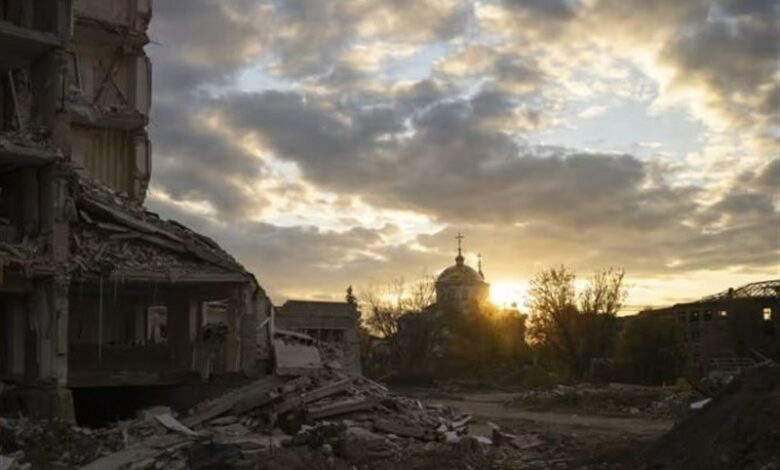The war in Ukraine clarified the security and defense weaknesses of the European Union

| In an article on the occasion of the second anniversary of Russia's war in Ukraine, a German media called this war revealing the security, defense and weapons weaknesses of the European Union. |
The war in Ukraine is extremely resource-intensive. Burkhard Schmitt, head of security and defense at the Aerospace and Defense Industry Association (ASD) in Brussels, said: On the one hand, there is a war in the trenches like the First World War. On the other hand, drones and artificial intelligence are being used. In this situation, in addition to the high demand for conventional equipment, there is also a need for high-tech products. High demand is now hitting the arms industry, which has been kept in a sort of coma for decades in Europe, and now needs to be brought back to life as quickly as possible. As NATO Secretary General Stoltenberg proudly announced, there is indeed money available, perhaps not enough, but at least a relatively large sum of $380 billion for this year alone.
But so far it has been mostly abroad. It has been spent from this union. “Approximately 80 percent of military spending in the last two years has been allocated to American and Israeli companies,” says Schmidt. So the higher budgets of recent years have largely not benefited the European industry.”
The Poles ordered their main battle tanks from South Korea, where they were readily available. Anyone who needs weapons or tanks today will find them more easily in countries that are used to living with threats – like the USA, Israel or Korea. In any case, there is no European defense policy and it is not considered necessary yet.
The EU Commission is not allowed to buy weapons at all. Thierry Breton is in charge of defense in this union, but he is also the EU commissioner in charge of digital, internal market and services. Now these days, there is a discussion about the appointment of a separate defense commissioner in this union to improve the situation.
According to Schmidt, despite the high pressure, changes take time: it takes time to complete the change of mentality. In this sense, between There is a discrepancy between what you hear and what actually happens.
Provisioning offices do not turn into a well-positioned online store overnight, and companies also need time. For example, new systems require permits, companies need to hire people and buy materials, and for this they need one thing above all else: reliability.
In another section It is stated from this article: Despite the pure speeches in conferences and meetings of European ministers, the issue of upgrading and improving weapons and defense is not so easy. Money is tight and the question is, what do the voters say, how trustworthy are Americans? No one knows how long the war in Ukraine will last and how much weaponry should be ordered now.
It continues: And for all “us” a big “I” in Europe exists. Each country has its own interests that are prioritized. Eastern Europe, whose neighbors are at war against Ukraine and have historically strained relations with Russia, want to fill the warehouses as soon as possible. Southern Europeans are more distant from this war.
In this situation, each country develops its own weapons projects and supports its own companies. German Economy Minister Robert Haubeck recently complained at the Munich Security Conference about “patronage by European countries for their arms industry.” High demand also increases prices.
This article continues: One of the few major joint projects in the European Union was the order of one million cannonballs for Ukraine. Last March, the EU’s defense ministers decided to make this amount available within a year – but at the end of January the EU was forced to admit that it had clearly missed that target.
end of message/
| Publisher | Tasnim News |


